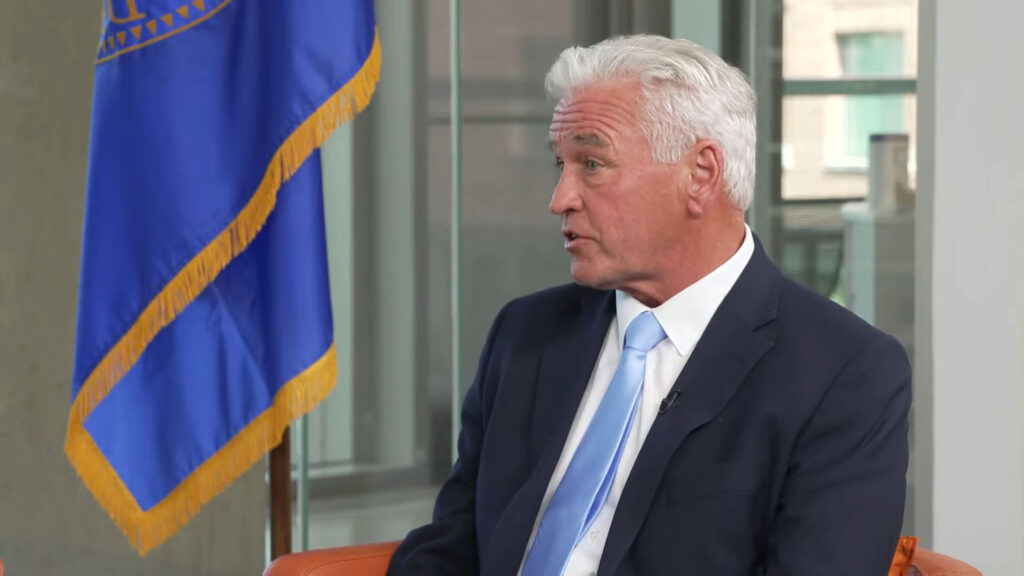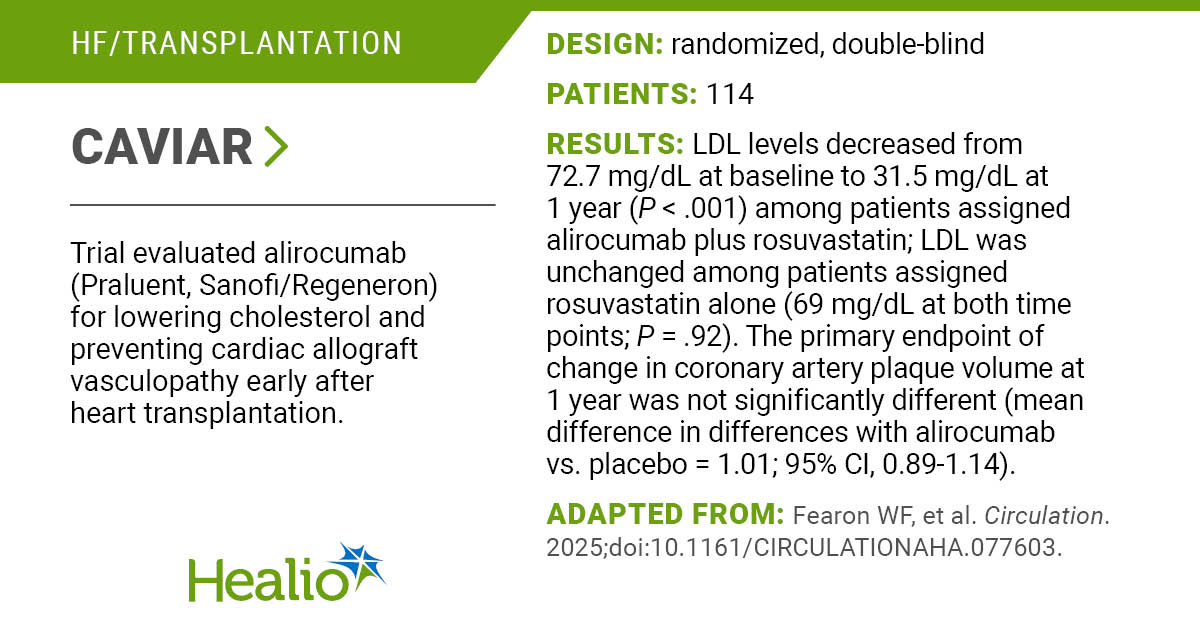WASHINGTON — Top drug regulator George Tidmarsh assured Food and Drug Administration staff this week that he and other leaders are trying to bring operations back to normal.
“I know that I’m coming in here at a challenging time,” Tidmarsh said at a town hall meeting on Friday with the Center for Drug Evaluation and Research staff. “That is not lost on me.”
STAT obtained recordings of Friday’s CDER staff meeting, and of another meeting last week with CDER’s Office of New Drugs. In those meetings, FDA employees pushed for answers on whether the agency would restore funding for research fellows, when they will be allowed to easily attend conferences again, and why FDA’s leaders are holding ad-hoc panels instead of advisory committee meetings with experts whose conflicts of interest are clearly delineated.
For many employees it was a first chance to meet Tidmarsh, a longtime biotech executive who became the director of CDER in July. He is also, temporarily, the director of the Center for Biologics Evaluation and Research after the Trump administration pushed out previous leader Vinay Prasad. Tidmarsh came to his role after meeting FDA Commissioner Marty Makary through National Institutes of Health director Jay Bhattacharya, who worked with him at Stanford. Like those two leaders, Tidmarsh is a critic of the academic establishment.
In asking their questions, employees offered examples of the ways in which the mass layoffs and rising attrition are making the work of drug regulation more difficult. The FDA lost 19% of its workforce in April, and continues to bleed experienced staff, depleting morale.
A leader in the hepatology program said his division lost a talented computational biologist who helped track drug-induced liver injuries because of cuts to research fellows. The loss is causing strain to fellow reviewers, he noted, with some working as many as 120 hours a week. He said it is critical that this program, which protects Americans from drugs that may cause harm to their livers, not fall apart.
An immunologist who studies drug reactions echoed this concern. His lab lost four research fellows, and only recently was allowed to start ordering research supplies again after a spending freeze at the start of the administration. “We are struggling in the lab,” he said.
Tidmarsh told employees on Friday that there would be no more reductions in force, and that he’s working hard to fill the agency’s many vacant positions. He also said the White House approved hybrid work for FDA employees.
“We’re doing everything we can within the constraints that are imposed to bring back or hire in as much resource as possible,” Tidmarsh said.
Eric Stone, director of the office of management at CDER, said he’s working to get approval from the Health and Human Services department to retain research fellows and to hire more.
Makary and Tidmarsh emphasized their desire for staff input and suggestions, including product ideas for Makary’s new priority review program.
Another official asked why the FDA has been holding expert meetings outside of the traditional advisory committee process. Typically, the agency discloses experts’ conflicts of interest, allows time for public comments, and provides briefing documents ahead of a meeting. The recent expert meetings are being planned very quickly, and tend to be dominated by experts who are skeptical of mainstream medicine.
“It doesn’t seem like, at least in the public meetings that have been occurring, that the expertise that we have developed is being relied upon, queried, asked to support, asked to host these meetings,” the official said.
Makary said he appreciates advisory committee meetings but argued they tend to be bureaucratic and expensive. There’s a place for quick panels where experts can hash out their opinions, he said. Tidmarsh said he’s working on ways to streamline advisory committees, and seemed to question their value in certain cases.
“Some of it is important and it’s a good discussion, but some of it is also done for reasons that we need to question and be careful about,” Tidmarsh said.
Tidmarsh reassured staff that there is “not a political bone on his body” and that he will always follow the science. But he noted that he may be overturned by political leaders above him.
“There’s a lot of weight up above me, and so I can always be overturned, which is fine,” Tidmarsh said. “If that happens, that happens.”









